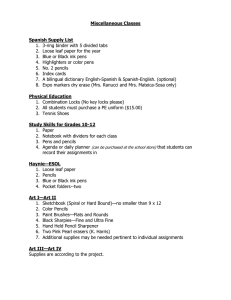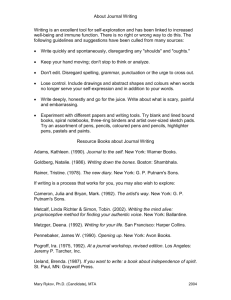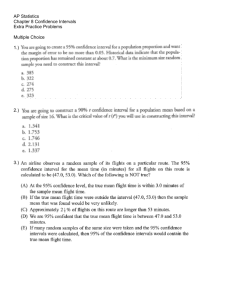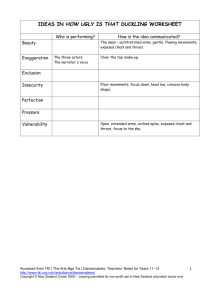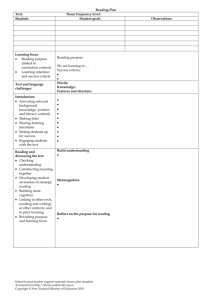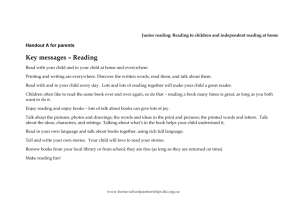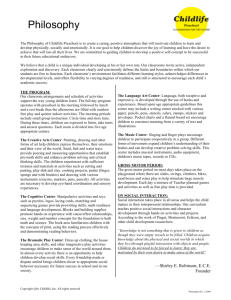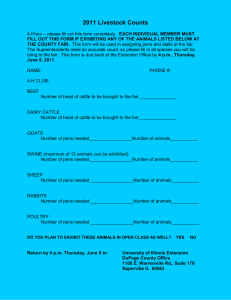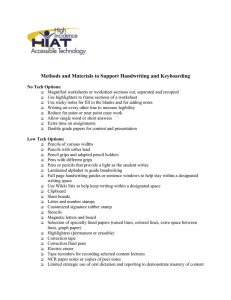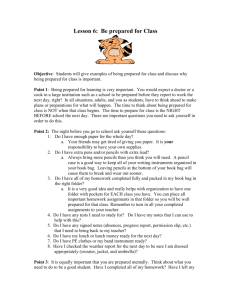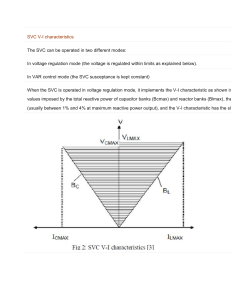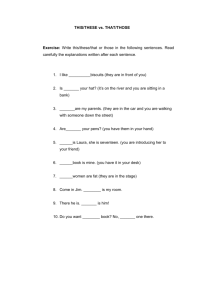Junior writing: Writing with children at home
advertisement
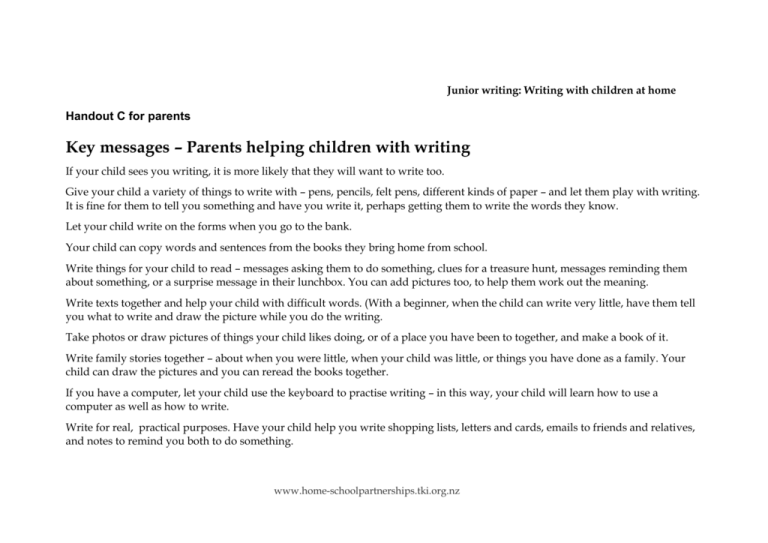
Junior writing: Writing with children at home Handout C for parents Key messages – Parents helping children with writing If your child sees you writing, it is more likely that they will want to write too. Give your child a variety of things to write with – pens, pencils, felt pens, different kinds of paper – and let them play with writing. It is fine for them to tell you something and have you write it, perhaps getting them to write the words they know. Let your child write on the forms when you go to the bank. Your child can copy words and sentences from the books they bring home from school. Write things for your child to read – messages asking them to do something, clues for a treasure hunt, messages reminding them about something, or a surprise message in their lunchbox. You can add pictures too, to help them work out the meaning. Write texts together and help your child with difficult words. (With a beginner, when the child can write very little, have them tell you what to write and draw the picture while you do the writing. Take photos or draw pictures of things your child likes doing, or of a place you have been to together, and make a book of it. Write family stories together – about when you were little, when your child was little, or things you have done as a family. Your child can draw the pictures and you can reread the books together. If you have a computer, let your child use the keyboard to practise writing – in this way, your child will learn how to use a computer as well as how to write. Write for real, practical purposes. Have your child help you write shopping lists, letters and cards, emails to friends and relatives, and notes to remind you both to do something. www.home-schoolpartnerships.tki.org.nz Make writing fun. It is better to write something short and enjoy doing it than to get bored or tired writing a long piece. www.home-schoolpartnerships.tki.org.nz
